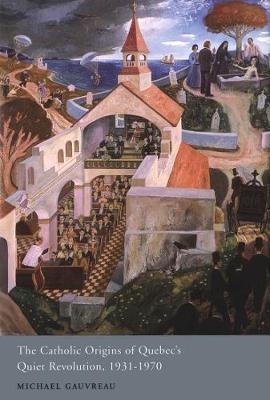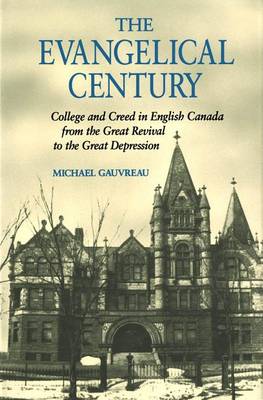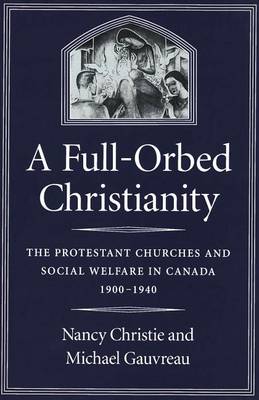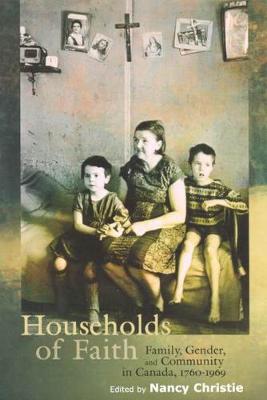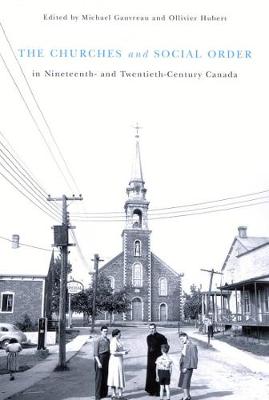McGill-Queen's Studies in the History of Religion
4 primary works • 5 total works
Book 2.41
The Catholic Origins of Quebec's Quiet Revolution, 1931-1970
by Michael Gauvreau
Published 1 January 2005
A cogent study that investigates the Catholic origins of Quebec's Quiet Revolution.
Book 5
Gauvreau explores the persistence and development of the evangelical creed as the intellectual expression of Protestant religion which largely defined English-Canadian culture in the Victorian period. This popular theology, which linked Methodist and Presbyterian church colleges to the world of popular preaching, was based on the Bible not only as the foundation of personal piety but as a sacred record of human history: past, present, and future. Gauvreau shows that the evangelical creed proved flexible when faced with the challenges of Darwinian evolution, higher criticism, and other new intellectual currents, and that it remained central to the intellectual life of the churches. By accommodating those aspects of modern thought most compatible with evangelicalism and filtering out those more threatening, clergymen-professors such as Samuel Nelles, Nathanael Burwash, George Monro Grant, and William Caven were able to find creative ways to move their churches toward social reform in the late nineteenth century.
The evangelical synthesis lost its cultural supremacy only in the twentieth century, when the complexity of theological discussion in the church colleges broke down the close links between professor and preacher.
The evangelical synthesis lost its cultural supremacy only in the twentieth century, when the complexity of theological discussion in the church colleges broke down the close links between professor and preacher.
Book 22
Christie and Gauvreau look at the ways in which reformers expanded the churches' popular base through mass revivalism, established social work and sociology in Canadian universities and church colleges, and aggressively sought to take a leadership role in social reform by incorporating independent reform organizations into the church-sponsored Social Service Council of Canada. They also explore the instrumental role of Protestant clergymen in formulating social legislation and transforming the scope and responsibilities of the modern state. The enormous influence of the Protestant churches before World War II can no longer be ignored, nor can the view that the churches were accomplices in their own secularization be justified. A Full-Orbed Christianity calls on historians to rethink the role of Protestantism in Canadian life and to see it not as the garrison of anti-modernity but as the chief harbinger of cultural change before 1940.
Book 44
Households of Faith has a broad scope, extending from a consideration of church ritual in New France, to demographic analyses of New Brunswick and the Eastern Townships of Quebec, to the intersection of gender and ethnicity, the construction of family in Aboriginal communities, and the changing definitions of sex roles and the family itself among both clergy and laypeople. Contributors include Nancy Christie, Enrico Cumbo (CBC), Patricia Dirks (Brock University), Ken Draper (Canadian Bible College), Michael Gauvreau (McMaster University), Ollivier Hubert (Universite de Montreal), Christine Hudon (Universite de Sherbrooke), Hannah Lane (University of New Brunswick), J.I. Little (Simon Fraser University),Susan Neylan (Wilfrid Laurier University), and Marguerite Van Die (Queen's University).
Book 45
The Churches and Social Order in Nineteenth- and Twentieth-Century Canada
by Michael Gauvreau and Ollivier Hubert
Published 1 January 2006
A social history of Protestantism and Catholicism in Canada since 1800
